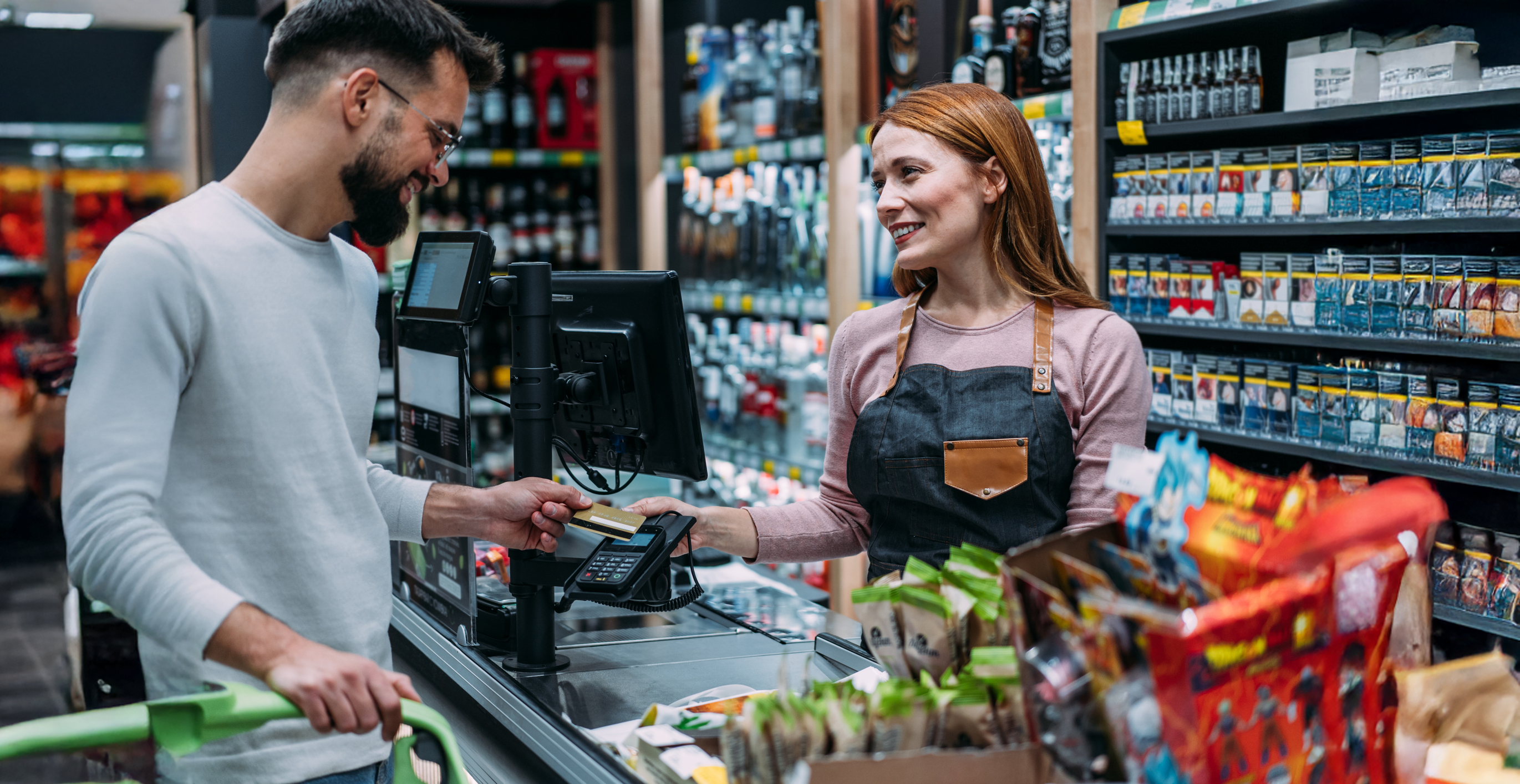
The UK convenience store sector comprises of 47,000 individually managed retail outlets. During 2020 and 2021 these retailers experienced a sales surge as the Pandemic altered consumer behaviour. The opportunity now exists for brands to capitalise on these changes and turn them into permanent revenue streams. In order to achieve on this, there is a need to consider how these individual retailers perceive and interact with brands. In mid - 2020 CPM conducted a survey of 457 stores using the brand engagement App – Shopt. This survey showed encouraging results in that 76% of those surveyed said that brands put them first, whilst 68% thought that brands did show an understanding of the obstacles faced by the stores. Out teams here at CPM conducted a further survey of 3000 outlets in March 2021 designed to find out what the retailers really sought from their engagement with brands. It was clear from this work that personalisation was very high on the wish list. The retailers needed to feel that the brands were offering tailored solutions for their particular trading circumstance as opposed to a one size fits all strategy.
Whilst the market has grown and continues to do so, it is highly fragmented into individually, often owner managed, units operating in diverse geographical, socio-economic and demographic environments. Our research clearly indicates that the more typical “one size fits all” sales approach is likely to produce sub-optimal results for brands looking to increase activities in the sector. There is a clear need to build lasting and mutually beneficial relationships with the individual outlets and shopkeepers who seek to grow their own businesses by stocking the brands best for them. In order to do this brands need to develop a personal approach, deploying the right mix of digital and physical resource appropriate to the particular site. The needs of the corner shop are very different to a motorway services outlet! At CPM Group we believe that a fluid data led sales strategy is the answer, we are pioneering this approach with our Liquid Salesforce – a solution for optimising budget spend across field marketing, field sales services and digital resources, determining the right intervention at the right time to deliver the maximum return and engagement. Our solution leverages the extensive data analytics capability within CPM Group and is no less than the dawn of a new era of truly omnichannel marketing for brands selling in the convenience sector. The results will be reduced complexity, more efficient use of limited resource, streamlined budgets and a demonstrable increase in ROI.
There is a clear need to deploy a data led sales strategy in convenience, in order to optimise the type and frequency of interactions both in terms of the relevancy of content and products, always bearing in mind that the businesses concerned are often working on low margins with tight resource both in terms of capital and store space.
The channel is quite clearly full of potential for brands that are willing to invest in omnichannel marketing and in gaining a better targeting and understanding of what is a highly complex and fragmented eco-system. In the final quarter of 2020 10% of shoppers were using convenience as their main shopping channel, the resultant increase in basket sizes will add £5.5 billion (12.5% uplift) to the sector value in 2021/2. With 61% of workers expecting to continue working at least partially from home, shopping habits look likely to remain permanently changed. Whilst the complexity of the channel and the need to deliver a personal approach is a daunting task, the CPM team are able to deliver data-based solutions which remove some of the complexity, streamline associated budgets and maximise ROI.

 8 minute read
8 minute read


